

It is widely known that cigarette smoking and other forms of tobacco use (both active and passive smoking) is damaging to health, poses enormous economic costs, and accounts for a significant proportion of health inequities. Yet, Nigeria’s fiscal policies for tobacco control appear weak. With recent changes, excise tax rates amount to an excise tax burden of just about 16 percent, relative to the 75 percent benchmark recommended by the World Health Organization. With lower tobacco control policies in Nigeria, the country has become the hub for tobacco production in West Africa for companies like the British American Tobacco (BAT).
While smoking prevalence is still low in Nigeria, the prevalence is rising even among women and children in rural areas. Therefore, there is a need for evidence to support effective tobacco control policies in Nigeria that can help curb the emerging tobacco use epidemic. Local evidence can provide context-specific information and tools that are needed to design policies and shape practices that improve public health equitably and generate government revenue to support health-promoting programmes.
To highlight these issues, CSEA organized a round-table workshop to discuss an ongoing research project on Fostering Effective Tobacco Control Policy Implementation in Nigeria. The two-year project was commissioned by the International Development Research Centre (IDRC), Canada and aims to provide research and advocacy towards the design and implementation of an effective tobacco control policy in Nigeria.
The proposed project will focus on:
The workshop, provided a platform for participants and experts to discuss data, methods and expected outcomes for each component of the research project. Participants at the workshop include: stakeholders from ECOWAS, Ministry of health, Ministry of Finance, Nigeria Customs Service, Federal Inland Revenue Service, the Academia, Research organizations, Nigeria Tobacco Control Alliance, CSO’s and the Media.
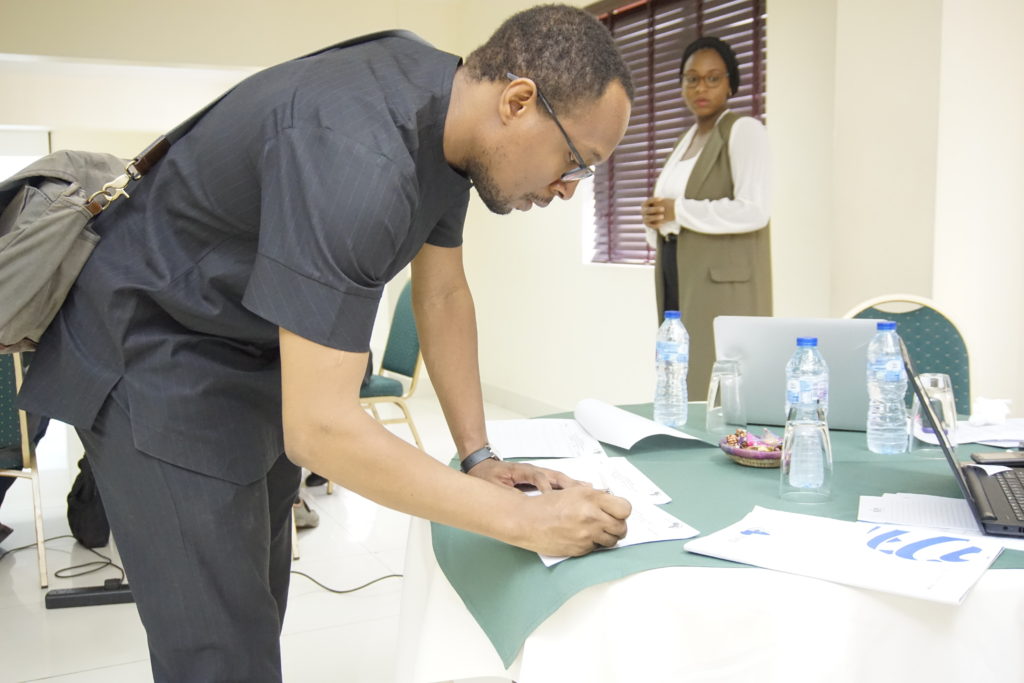
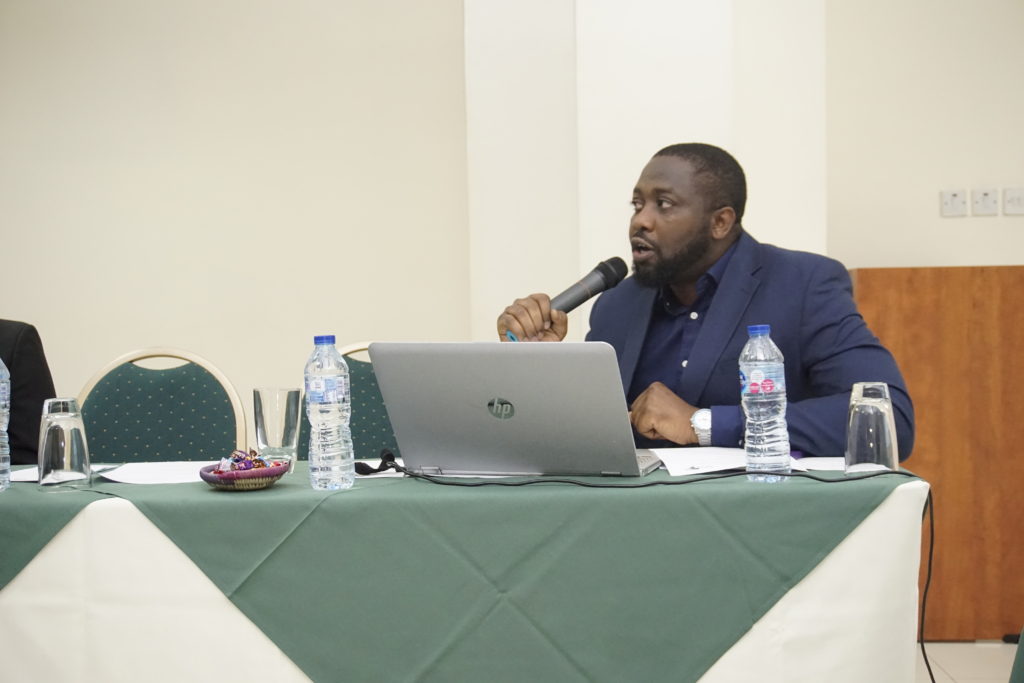
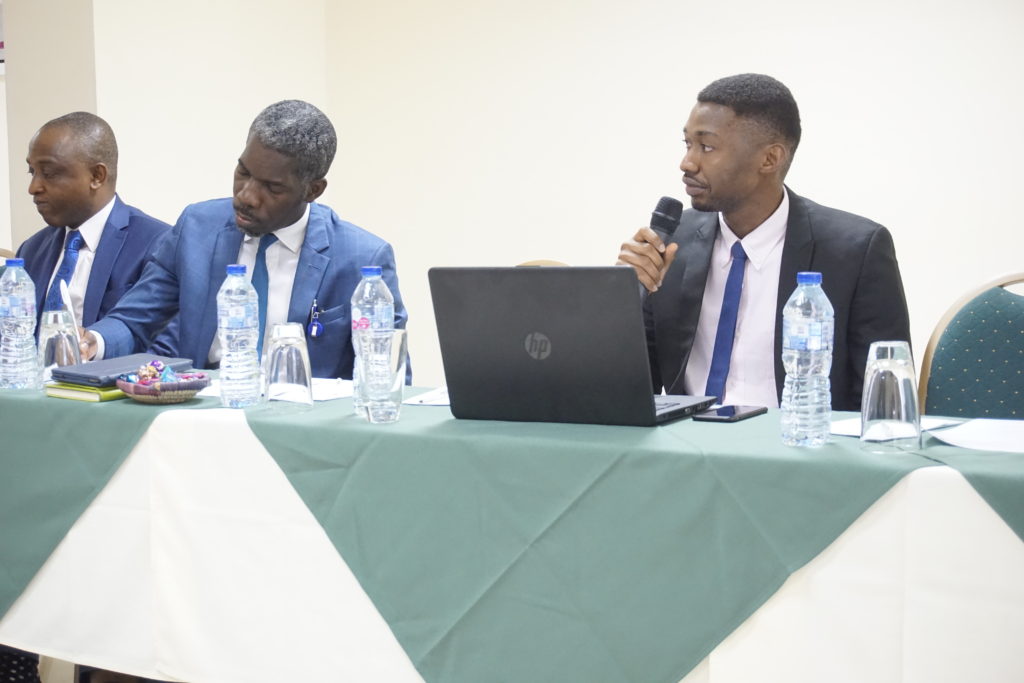
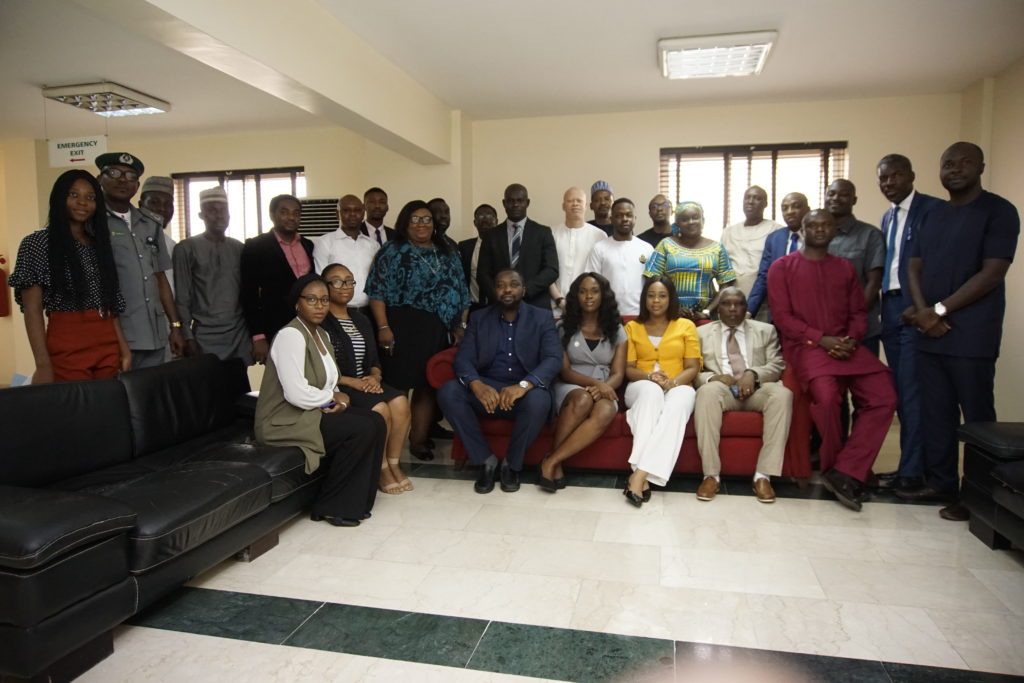
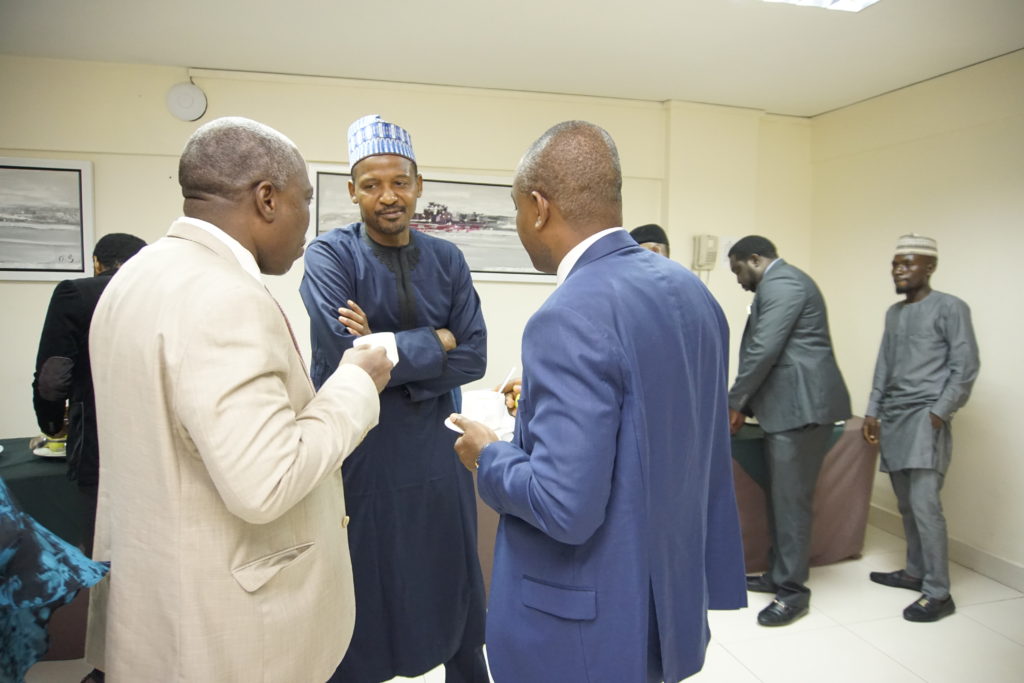
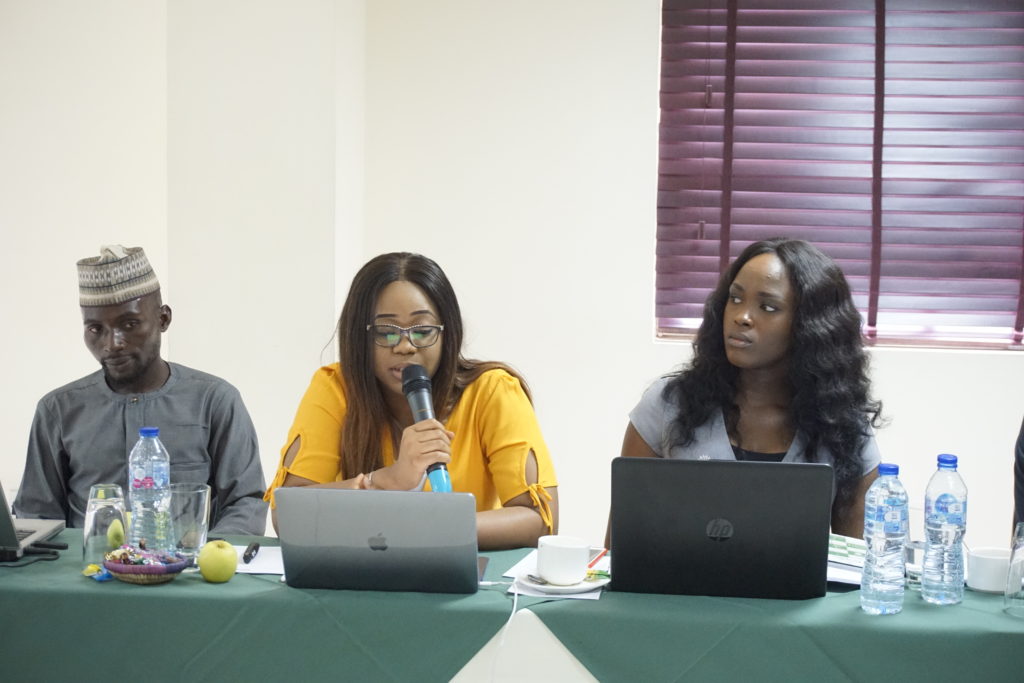
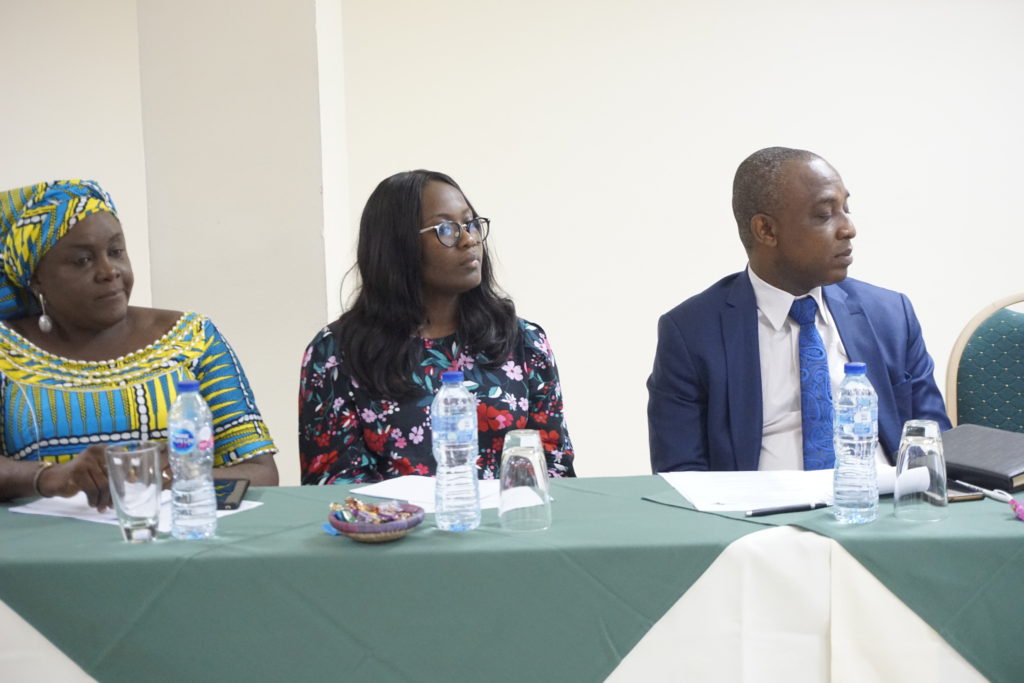
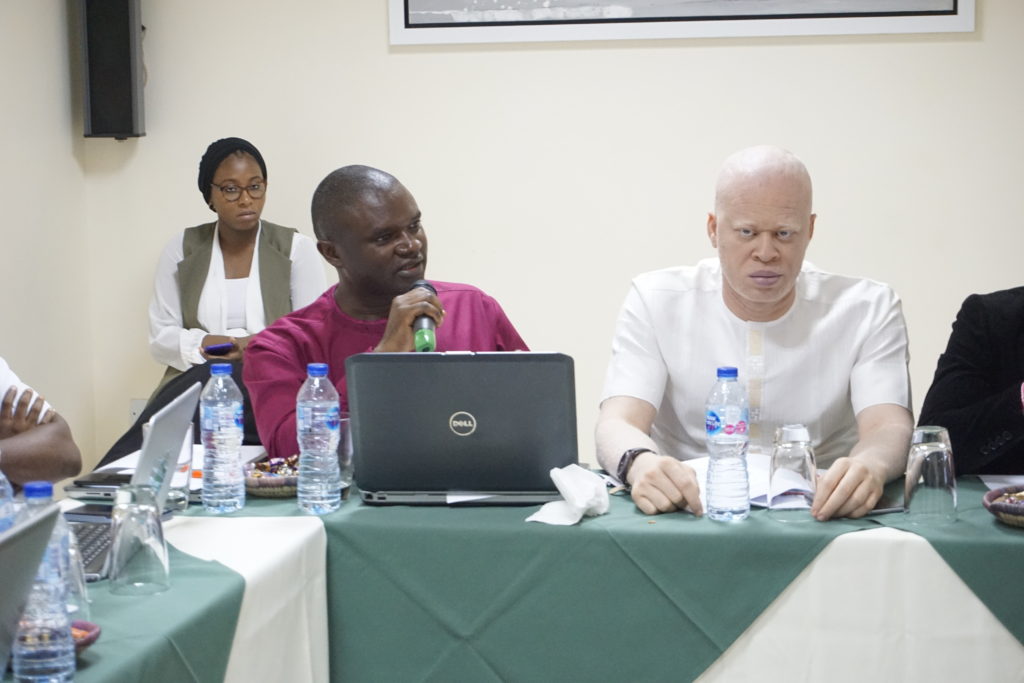
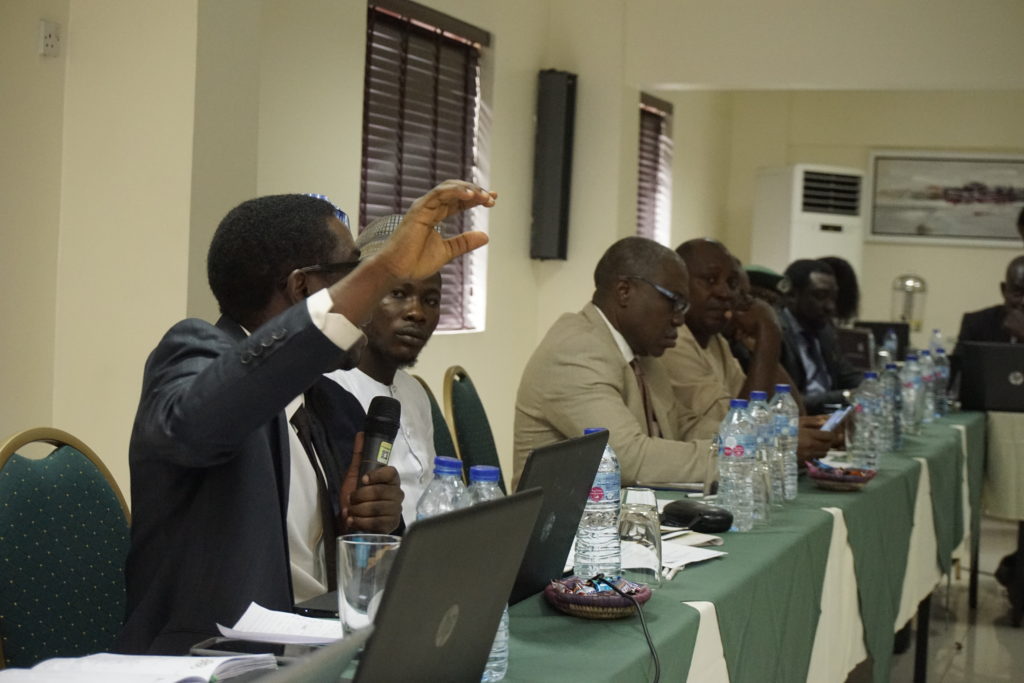
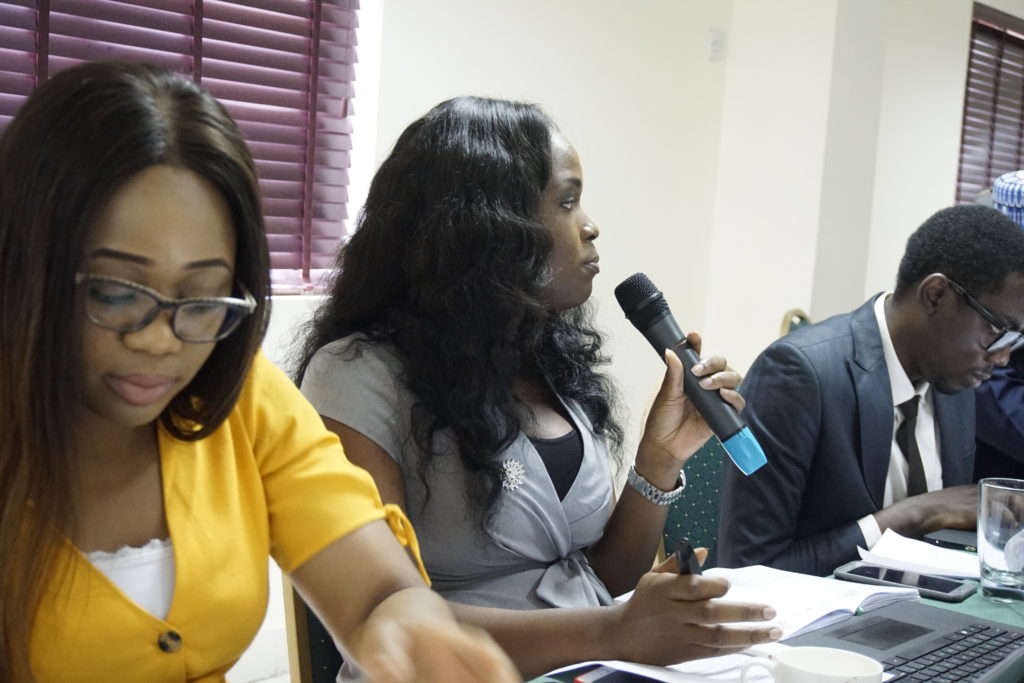
In the News
https://businessday.ng/agriculture/article/csea-insists-on-legislative-review-of-tobacco-taxation/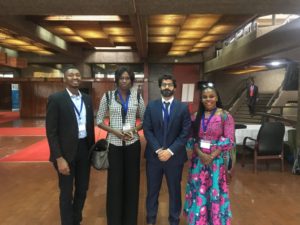 The summit provided a platform for participants to propose strategies and actionable recommendations that would enable think tanks contribute to tackling policy implementation challenges within the context of Africa’s vision as reflected in Agenda 2063 and the SDGs, through sharing knowledge and country case studies on good practices in ensuring successful implementation of policies and strategies.Specifically, the summit aimed to increase the dissemination of knowledge on implementation and development issues pertinent to Africa, understand the challenges and available solutions for the effective implementation of policies.
Dr. Adedeji Adeniran was a discussant on the session that discussed tackling implementation challenges at the national level. While various solutions have been proffered to improve the implementation landscape in Africa there is the need for better data, monitoring and evaluation, synergy and coordination.
The summit provided a platform for participants to propose strategies and actionable recommendations that would enable think tanks contribute to tackling policy implementation challenges within the context of Africa’s vision as reflected in Agenda 2063 and the SDGs, through sharing knowledge and country case studies on good practices in ensuring successful implementation of policies and strategies.Specifically, the summit aimed to increase the dissemination of knowledge on implementation and development issues pertinent to Africa, understand the challenges and available solutions for the effective implementation of policies.
Dr. Adedeji Adeniran was a discussant on the session that discussed tackling implementation challenges at the national level. While various solutions have been proffered to improve the implementation landscape in Africa there is the need for better data, monitoring and evaluation, synergy and coordination. 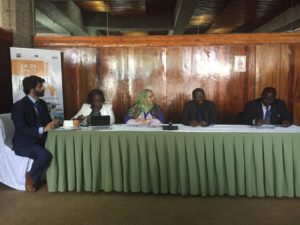 CSEA Research Associate Joseph Ishaku joined other OTT-TTI fellows at a side event to discuss and propose actionable recommendations on how think tanks in Africa can help bridge the policy design and implementation gap.
CSEA Research Associate Joseph Ishaku joined other OTT-TTI fellows at a side event to discuss and propose actionable recommendations on how think tanks in Africa can help bridge the policy design and implementation gap.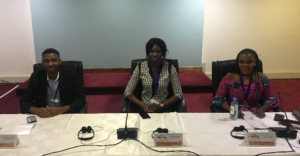 The summit took place April 24-26, 2019 in Nairobi, Kenya.
The summit took place April 24-26, 2019 in Nairobi, Kenya.
Following the outcome of the results of the regional consultations on the health-related SDGs by the West African Health Organisation (WAHO), in June 2017, the West African Ministers of Health, recommended that WAHO support the construction of a regional coalition responsible for monitoring the implementation of the SDGs and regularly reporting on progress. In this perspective, WAHO has joined the Senegalese Agricultural and Rural Foresight Initiative (IPAR) to explore ways to contribute to monitoring progress in implementing health-related SDGs at national and regional levels. With support from IDRC, IPAR would conduct three case studies in Burkina Faso, Ghana and Senegal with the aim of: (i) Identifying indicators common to these countries to initiate a more harmonized monitoring approach in the West African region; (ii) Examining the availability of data for the relevant indicators; (iii) Working with key civil society organizations (CSOs) to analyze their involvement in monitoring health-related SDGs ; and (iv) Proposing approaches to improve the national and regional monitoring of identified indicators. IPAR convened participants under the leadership of WAHO at a regional workshop in Dakar on April 15-16, 2019. Participants include representatives of the Ministries of Health of 15 West African countries, think tank and university researchers, representatives of civil society as well as other technical and financial partners. The workshop provided a platform to share the results of the regional synthesis, discuss proposed indicators, analyze in depth the availability of data for the selected indicators, specify the nature of the data and establish the baseline. CSEA’s Research Director on health Dr. Chinny Ogunro contributed to In-depth discussions on the results of the case studies.
CSEA Executive Director, Dr. Chukwuka Onyekwena participated at a regional capacity building training organized by the United Nations Conference on Trade and Development (UNCTAD) in collaboration with the Namibia Statistics Agency (NSA).
The training was organized to provide participants with knowledge and skills on “the use of statistics and the Productive Capacities Index to inform evidence-based policymaking in landlocked developing countries and other structurally weak and vulnerable economies”. The event held from April 8 to 10, 2019 in Windhoek, Namibia.